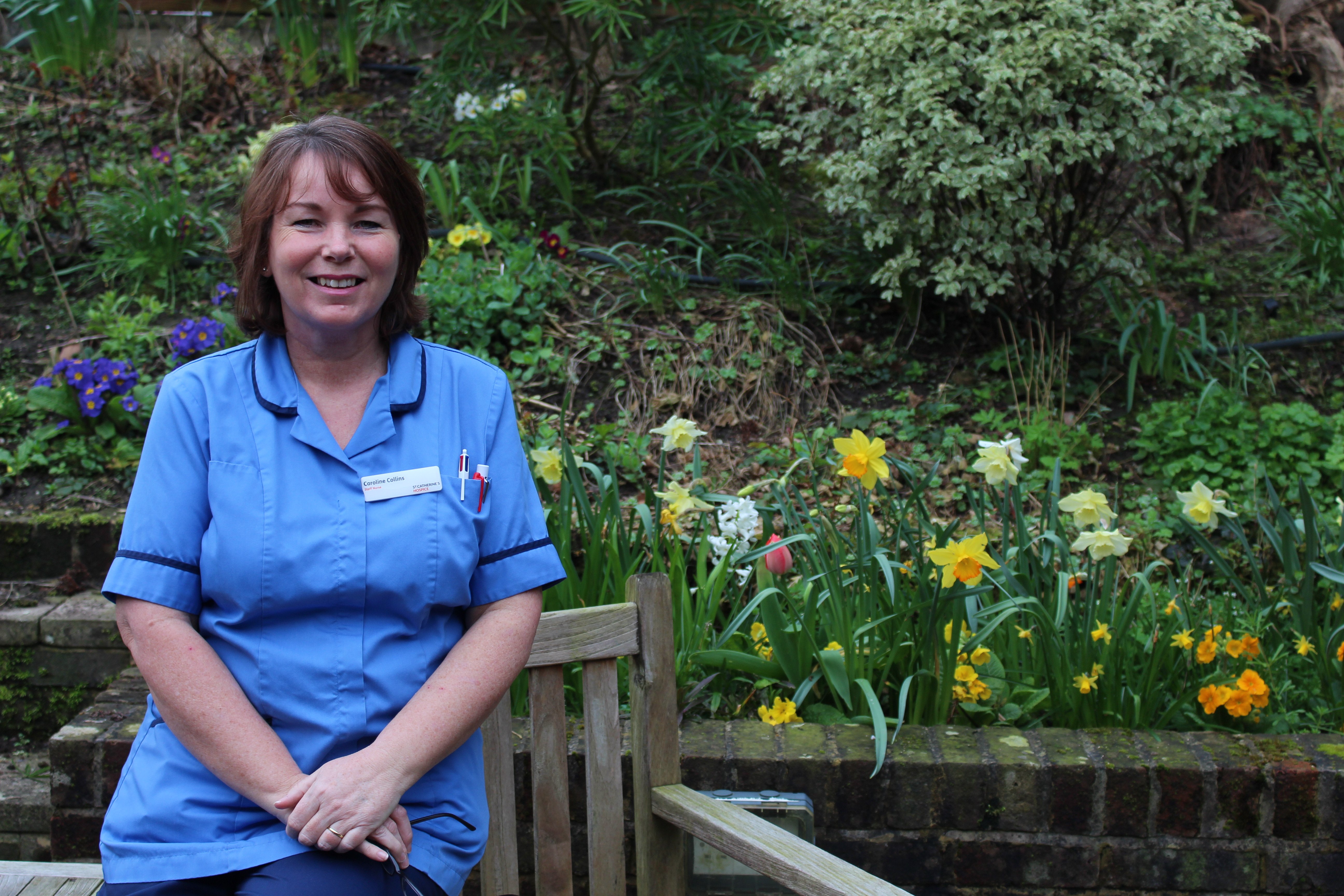“So you’re a nurse! Which hospital do you work in?”
“Oh, I don’t work in a hospital; I’m a hospice nurse.”
At this point, the most common response is a mixture of horror and pity, “Gosh, you work in a hospice? How do you do that job? It must be so difficult…”
My stock answer tends to be ‘it’s a lovely place to work and very satisfying’, but it’s usually an awkward conversation. Sometimes I even have to explain that we’re not all nuns or even religious, and I find the assumption of so many that we must all be ‘angels’ to be quite unsettling.
Read more: What it’s like to be a nurse
We most certainly aren’t all angelic; most of us have a great sense of fun, but we do care – deeply. Hopefully, this is a given for all those who choose nursing as their profession. But most of all, we’re as varied as the patients we look after.
Compassionate care
We nurse our neighbours, the assistant in the corner shop, the refuse collectors who pick up our household waste, the school teacher who educates our children and the bank manager who declines or approves our mortgage. We’re ordinary, but we work in extraordinary situations. That’s why when thanked by a family member for taking good care of those close to them at the end of their life, we usually tell them, “It’s our privilege,” and there is nothing glib about that response.
I’ve been reflecting on what being a hospice nurse means and why it’s different from other types of nursing. The fact that we’re able to accept that our brand of care is not about nursing people back to health, but about helping our patients to feel as good as they can ‘all things considered’ is probably at the heart of what we do. We deliver compassionate care with integrity and openness. We often instigate conversations that others are too afraid to have. We deal with life’s taboos. And that is so refreshing.
A shoulder to cry on
Being able to allow a patient or their relative to open up and ask all the questions they’ve hidden away for fear of shocking their family, is like breathing in fresh air. To make it okay to laugh about some of the darker aspects of a person’s frightening journey is a gift. Lending your shoulder for someone to cry on is always moving.
Naturally, we also carry out all the tasks many will associate with nursing. We administer medications including injections. We give blood transfusions, flush chemo lines, dress wounds, take temperatures and blood pressures (with a nifty machine that means you don’t need silence to listen for the heartbeat). We help patients sip a drink or feed them and none of us are ‘too posh to wash’, in fact for me that’s the ‘task’ that I enjoy most of all.
Trust and dignity
Maintaining a patient’s dignity and gaining their trust through the care that you gently give is extremely satisfying. It’s during such intimate moments of care that we often have our most important chats. We discover life stories, regrets, desires and fears and we sometimes provide the opening that a person needs to get a few issues off their chest. We help people suffering from scary conditions to find a way to move forward.
Perhaps the biggest difference between a hospice and other medical facility is that we don’t have restricted visiting times. We understand that a person staying here is the centre of someone’s world and, therefore, the other people in their world are as important to us as they are; we try very hard to involve the significant people in our patients’ lives. If those key relationships are taken into consideration and we share appropriate information, we reach a deeper understanding of what makes the patient who they are and sometimes this is extremely challenging.
Everyone is different
Our patients and their families come from all walks of life and view things from their own perspectives. Some people don’t want to ‘make a fuss,’ even though we wish they would, whilst others are used to speaking out and making their feelings known. Whatever the nature of the people we care for, we remind ourselves that we’re all in this extraordinary situation together and we work hard to find a common ground.
Watching a loved one suffering is extremely stressful and we do our best to minimise the physical and emotional pain and anxiety felt by the patient and their family and friends. We’re there to administer medications but we also provide lots of care and compassion by being there with our patients to hold their hands, to help take the fear out of dying and to dispel the myths that surround the end of life. We can’t nurse their bodies back to health, but we can help to soothe their souls.
It’s never boring
Working as a hospice nurse isn’t easy, but it’s never boring. Having worked in a less-than-exciting job pre-nursing, I retrained as a nurse at 35, with two young children under five when I started university.
I’ve been qualified for 13 years, 11 of which I’ve worked as a hospice nurse at St Catherine’s. I’m aware of how lucky I am to have such an interesting and satisfying position. A single shift can evoke a vast array of emotions. We can go from uproarious laughter to deep sorrow in the blink of an eye, but we’re a great team and we support each other. Through our daily work, this helps us develop an appreciation for the importance of our own families and friends just that little bit more.
